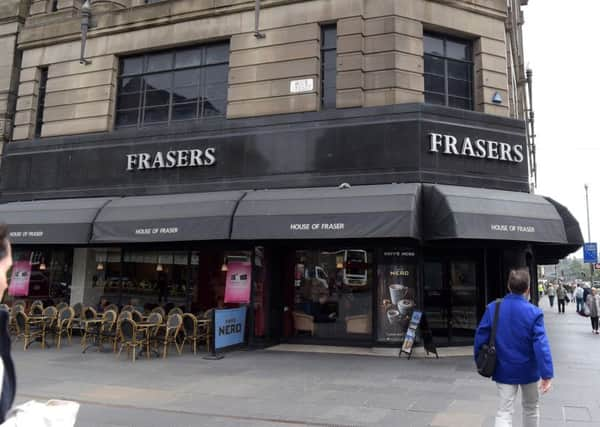James Walker: Bust a gut to get money back from ailing retailers


Boom or bust?
There’s loads of technical terms that can be applied when a firm ceases trading. Don’t worry about these too much. The key thing is to act quickly. The longer you wait, the harder it becomes to get your cash back. When a firm goes bust owing you money, goods or services, then you join a queue of people known as creditors. You’re generally last in the queue for cash and in practice, once investors, insolvency fees and employees have been paid, there’s little money left.
How do I get my cash?
If you’ve paid for goods or services by credit card, you’ve lots of statutory protection. The Consumer Credit Act that says if you pay for things on a card that cost over £100 and less than £30,000 you could claim the money back from the card provider. You don’t even need to have spent the whole amount on the card as long as the deposit falls within the limits. This is known as making a claim under section 75. Credit providers aren’t really thrilled about this as they can end up forking out for businesses that go bust. But it’s your first line of defence.
Advertisement
Hide AdAdvertisement
Hide AdIf you’ve paid by debit card, it’s not a legal right, but the card providers run a scheme called chargeback which means you might be able to ask them to recall your money if there’s a problem (this also works with credit cards). The schemes all have slightly different rules depending on the service provider. But act quickly: if a firm has already gone bust it may be too late. Give the debit card provider a call and ask them to charge back the money as soon as possible.
If you’ve paid electronically, services like PayPal also give you some rights, so lodge a claim using the firm’s dispute resolution rules. Like credit and debit cards, you can go to the Financial Ombudsman Service for free if you’re still unhappy with the way the claim is handled.
If you’ve paid by cash, cheque or direct transfer, you’ve got no rights to recall your money if a firm goes bust. Always question businesses that ask for payments this way and don’t pay if you can’t afford to lose it
Vouchers and gift cards?
If a firm goes bust, then often vouchers you may have with them become invalid. They are generally treated as cash you are owed. Some firms that have gone in to administration have honoured their vouchers. But if you hear rumours that a business is in trouble, don’t delay – use your vouchers and gift cards before it’s too late.
What about smaller firms?
If the firm that’s gone bust is a smaller business and isn’t covered by a regulatory scheme, speak to your local Trading Standards officer – they’re based in your local council offices. They can let you know if there’s a wider problem and can investigate the business if they think there’s a cause for concern.
The best way you can protect yourself is to keep your eye on the news. If it sounds like a firm is in trouble contact them asap. But act quickly – it’s the best way to safeguard your hard-earned cash.
James Walker is the founder of online complaint-resolution service Resolver.co.uk